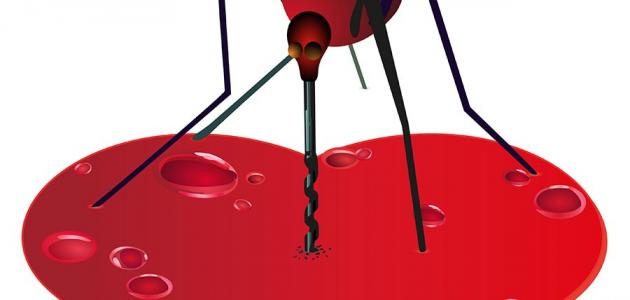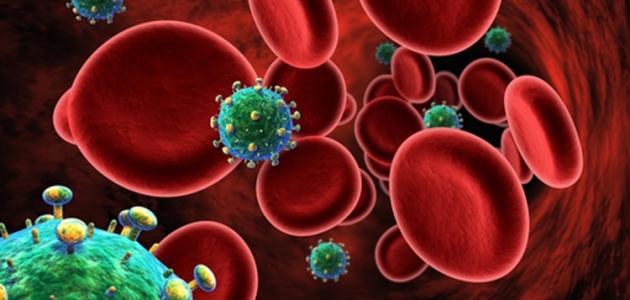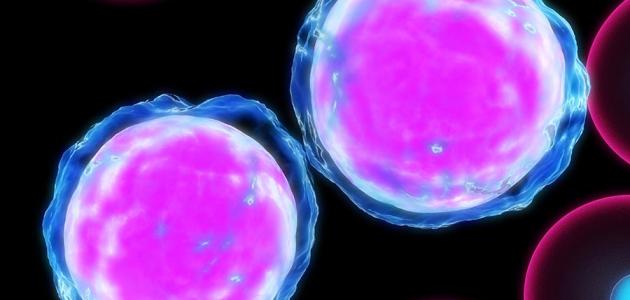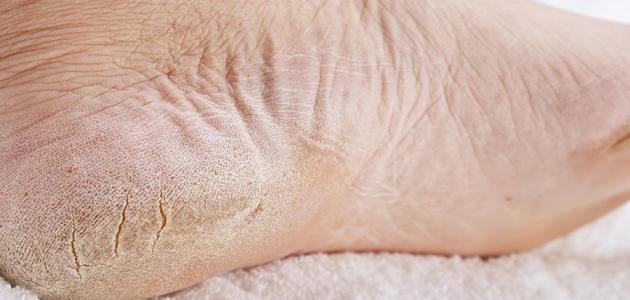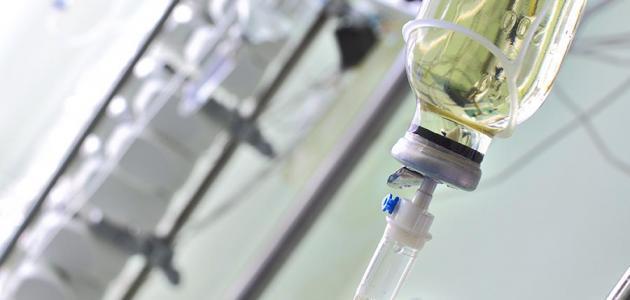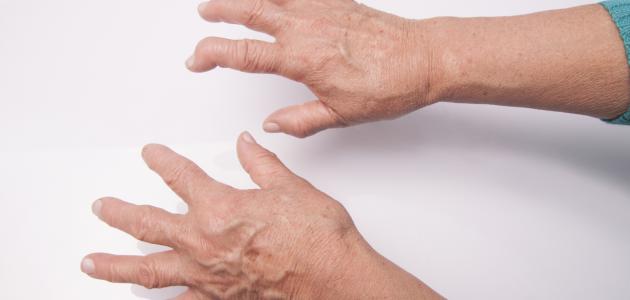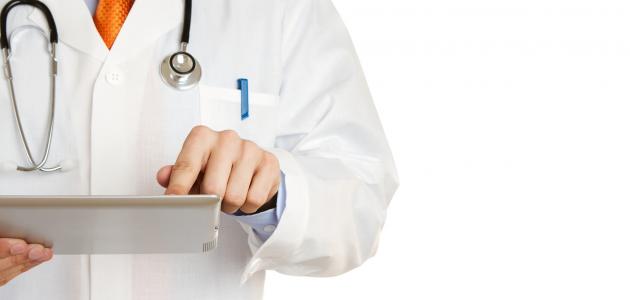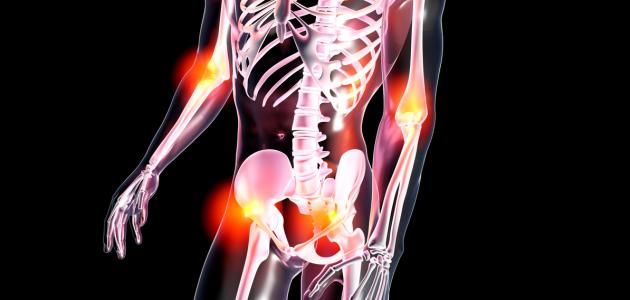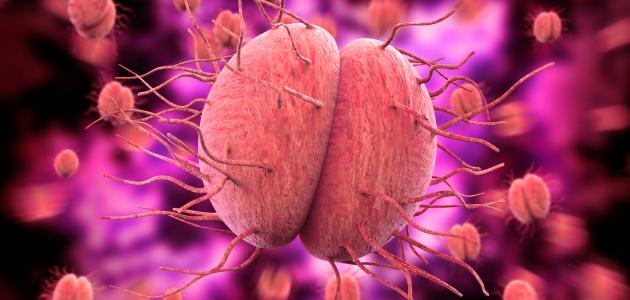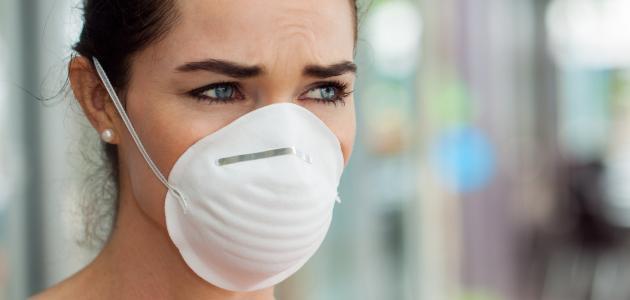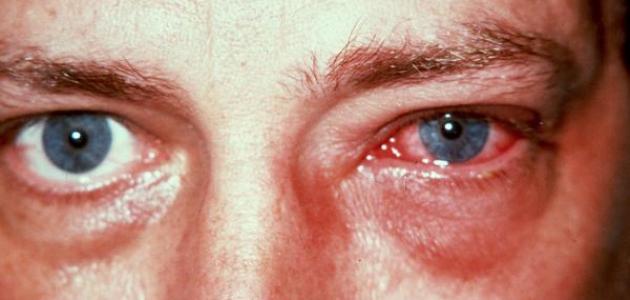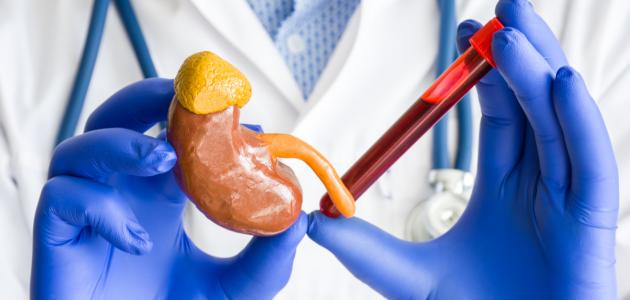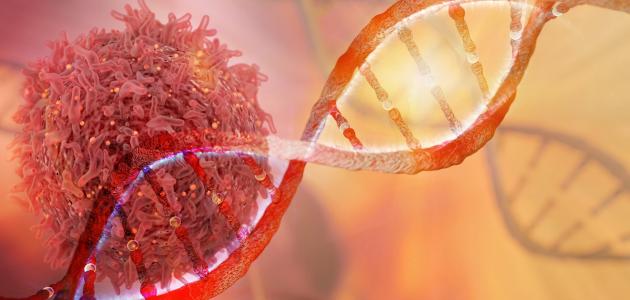Contents
General information about malaria
- Malaria is a common disease in tropical countries, and a major cause of death in these regions.
- Malaria is caused by a parasite called plasmodium, and it needs a mediator, a female Anopheles mosquito
- High temperatures, yellowing of the body, and anemia due to bursting of red blood cells are symptoms and signs of malaria.
- This disease is diagnosed by taking a blood scan of the patient.
- Prevention is better than cure and is done by avoiding mosquitoes and preventing them with medication.
- Treatment for the disease includes two parts: a treatment for symptoms and a treatment for the parasite.
- Misuse of anti-malarial drugs increases host resistance to these drugs, and thus increases disease risk and death.
Malaria treatment
There are several treatments that a person sick with malaria may use, depending on the condition that the patient suffers from, and we can divide the cases into three sections, which are:
- People with benign disease
- People with serious illness
- Those with complications from serious illness
In these cases, there are some common treatments for the symptoms that appear, including: paracetamol for high fever, and blood transfusion in case of severe anemia. It is worth noting that the patient's pressure and temperature, the amount of urine output, and his sugar level must be periodically monitored, in addition to the number of parasites in the blood picture, and kidney and liver functions.
People with benign disease
People with this disease use chloroquine as the first option for treating this type of disease, and it is used as a pill for a period of three days, and in the case of Plasmodium Ovale, patients use Primecoin for a period of 14 days after chloroquine.
People with serious illness
- Those infected with the parasite Plasmodium falciparum do not respond to many of the drugs that are used as a treatment for malaria. Due to the parasite's high drug resistance.
- Affected people also use quinine or sulfite salt as pills to be taken by mouth for 3-5 days. So that the patient's condition improves, and the host disappears from the blood. This treatment is followed by giving three pills of Fansidar, and if there is an allergy to this drug, doxycycline should be used for a period of seven days.
As for people with complications from serious disease, they can take some of the medicines mentioned above, but for a longer period, and this is only after consulting a doctor.
Alternatives to malaria treatment
- Atovaquone with proguanil, and it should be used for 3 days
- Artemether is used for five days, and after taking it, the patient took two pills of mefloquine
- Co-artemether, artesunonate and amodocoin, which is the most widely used at present
Other topics on malaria
- Read about: ( Malaria )
- Read about: ( How malaria is transmitted )
- Read about: ( Malaria Symptoms )
- Read about: ( Malaria Diagnostics )
- Read about: ( Malaria Prevention )
- Read about: ( treating complications from malaria )
References
- Oxford handbook of clinical medicine 8th edition
- Dvidson's principles and practice of medicine 21st edition
- infoplease.com/cig/dangerous-diseases-epidemics/malaria.html
